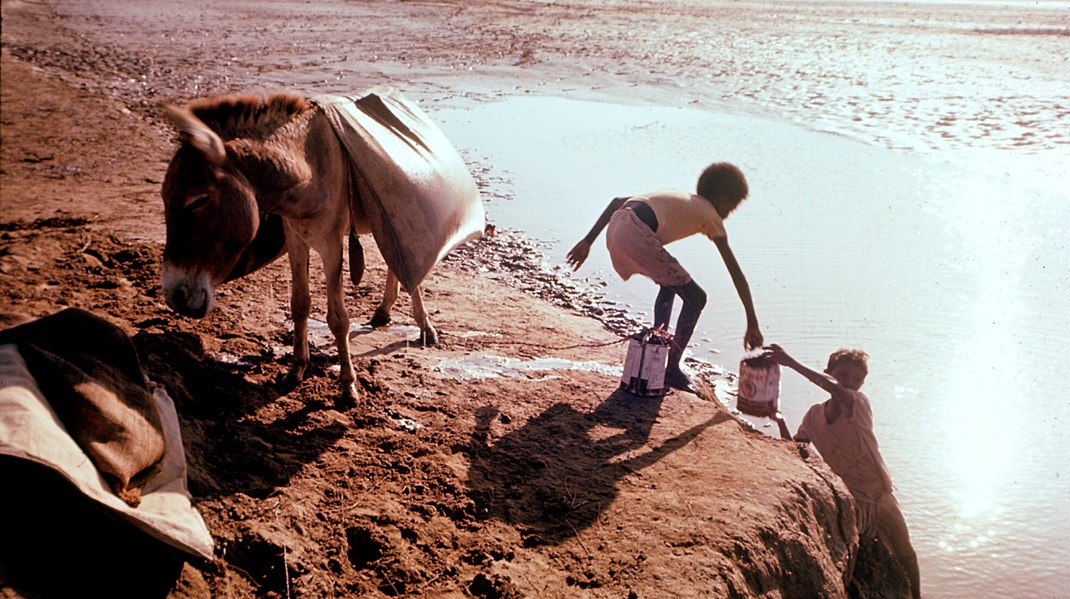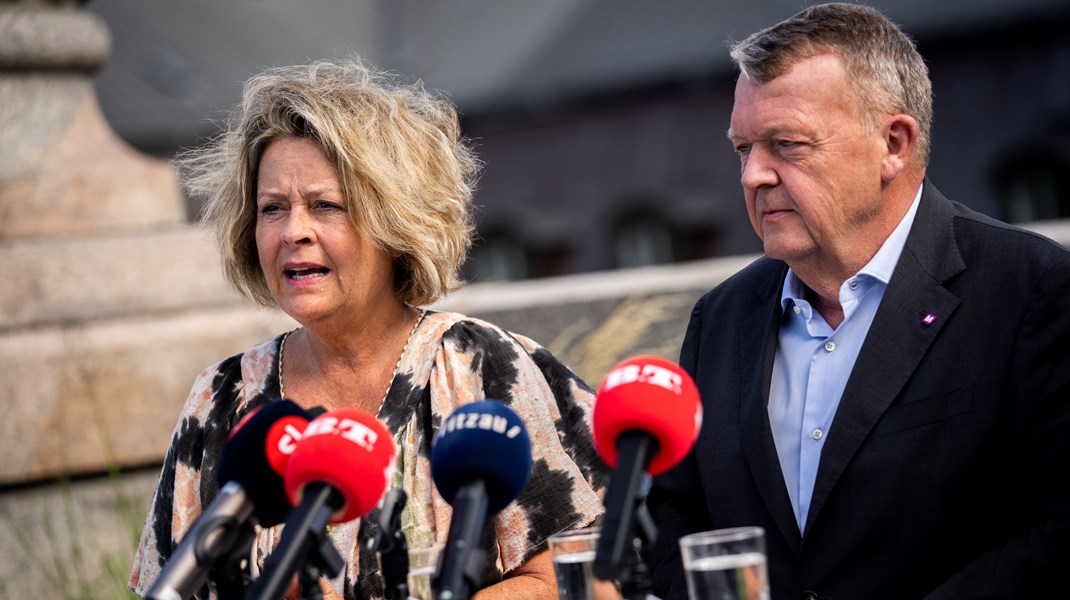Funding crunch deprives 120,000 children of school meals in drought-ridden Southern Madagascar
Antananarivo – Lack of funding for the UN World Food Programme’s school feeding operation in drought-ravaged southern Madagascar is threatening deeper hunger in the poorest parts of a country where one in two children are chronically malnourished.
Forty percent of the 300,000 primary school children in Anosy, Androy and Atsimo Andrefana regions who should receive a daily hot meal from WFP have had to go without since the start of the academic year last November, aggravating already low enrolment and high dropout rates.
For many recipients, the daily WFP meal, which consists of cereal, pulses and vegetable oil fortified with micronutrient powders, is their only one, and often a powerful incentive for parents to send their children to school instead of to work.
WFP is seeking US$4 million to resume the provision of meals to those children presently missing out and ensure full implementation of its programme through July when the school year ends.
Although Madagascar has the world’s fourth highest rate of chronic malnutrition – 47 percent – a mere seven percent of its children receive meals at school.
“It’s beyond tragic that our already limited coverage has been further curtailed, depriving some of the country’s most vulnerable children of essential help – even the prospect of a decent future”, said Moumini Ouedraogo, WFP’s Representative in Madagascar. “It costs only US$50 to feed a child for a year. I appeal to the international community to promptly help us fully restore the programme.”
Recent research conducted by WFP and others shows that school feeding is not just an important social safety net, but also a high-return investment in human capital and local economies that disproportionately benefits the poor and malnourished.
Southern Madagascar’s long running hunger crisis derives from its susceptibility to natural disasters, including drought and floods, which are set to become more frequent and severe as its temperatures continue to rise twice as fast as the global average. A key WFP priority is to render vulnerable communities, including smallholder farmers, more resilient to climate shocks.
\ # # #
WFP is the world's largest humanitarian agency fighting hunger worldwide, delivering food assistance in emergencies and working with communities to improve nutrition and build resilience. Each year, WFP assists some 80 million people in around 80 countries.
Follow us on Twitter @wfp_media, @WFP_Africa, @PAMMadagascar


